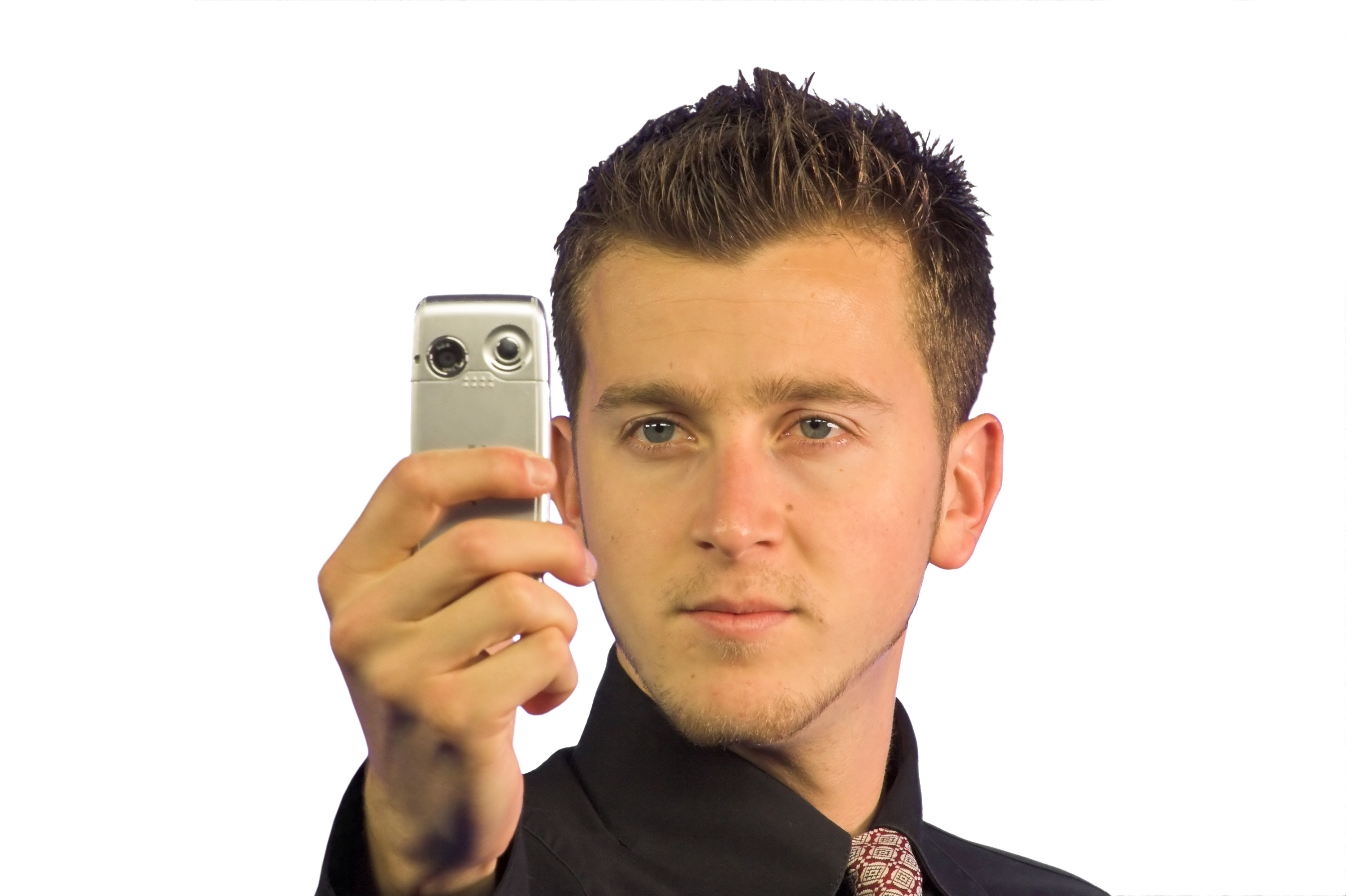Mobile networks hit by battery-hungry phones
Comment: With a new start-up Scalado suggesting that your mobile phone could be serious replacement for your serious camera, will the mobile operators be so keen?

A good friend this week informed me happily: "I'm sending my iPod to my brother."
He doesn't need one any more. He always said he'd never carry a music phone, but his iPhone has changed his mind; it does both functions, and he doesn't see the point of carrying two toys.
Could the same thing be about to happen to the camera, with its place taken by a camera phone? One company, Scalado, is offering the same potential promise for cameras that the iPhone fulfilled for MP3 players.
"Take the phone. Leave everything else behind." Their promise, simply, is a mobile phone camera, which has zero shutter lag.
"Shutter lag has typically been one of the biggest technical challenges facing camera phones, especially when photographing moving objects," said Fadi Abbas, vice president of business development at Scalado.
He went on: "With Scalado's 'zero shutter lag' feature, however, users can be sure that the image which they see in the viewfinder is the image that they capture."
Seeing will be believing, of course. Some of us probably won't believe in "a camera phone doing 20 frames/second, instant full- resolution image handling, as well as 'zero shutter lag', burst-mode image capture, and instant zoom/pan at the moment the image is captured," until we see a production box, and have a chance to weigh it in our hands.
Get the ITPro daily newsletter
Sign up today and you will receive a free copy of our Future Focus 2025 report - the leading guidance on AI, cybersecurity and other IT challenges as per 700+ senior executives
How big will it need to be? How much of a battery will it take? How much storage will you have to put in it? (after all, handling six megapixel images at that rate needs pretty swift memory channel access) and will it really, truly, be that smart?
"If you aren't a bit sceptical," said one dubious analyst, "then you simply don't understand the problem."
What Scalado is offering is every bit as absurd, at first glance, as the idea of an iPhone which works well in both player and phone modes. And if it succeeds, it will all be "loud cheers" from the audience?
Well, probably not.
For a start, you have to see this the way the operator sees it. A mobile operator makes money two ways (if you leave out texting): first, by charging you to make calls, and second (much more importantly) when someone else calls you.
Termination charges are the fees that, say, BT pays Vodafone when someone at home calls a mobile and visa versa. For the network operators, the cardinal sin is to have a mobile switched off when the call comes in. Especially if the user's voicemail service is free... as a call routed to voicemail means lost revenue from a longer two-way call.
Now, there's a very simple formula for network operator misery, here. It goes like this:
If the phone user sees that the battery is running down, the anxiety grows in their minds that at some point soon, there won't be enough power to make an urgent call. So what they do, is switch the phone off.
So anything which uses battery life, has to be balanced against the likelihood of the battery going flat and depriving the operators of their expected income.
New battery technology is good. Battery recharge technology is also good. But what isn't good, for the operators, is a phone feature that makes the user drain power, without also clocking up call charges.
One possible solution would be to have the phone recharge itself using technology such as photocells. Unfortunately, most of us keep our phones in pockets and away from sunlight.
The iPhone has been wonderful for data usage, and uses a lot of battery power in the process. It would be even more wonderful, no doubt, if the world's mobile operators had enough bandwidth for us all to use iPhones. But that's another issue; what matters, is that you can do a lot of your iPhone surfing over WiFi, which means no cellular revenues.
The same goes for MP3 listening. Uses battery, doesn't generate call revenue: Bad for the networks.
As for photographs - it's good if you use MMS to transmit your photo to a friend, but for some reason, people find the truncated and blurry MMS format unsatisfactory. So really, the operators would be quite happy if you didn't take too many pictures.
Now we're going to get zero-lag, 20-shot burst-mode photography? Um... what will that do to the battery?
You can just hear the blood draining from those faces in the operator planning departments, can't you?
-
 Cleo attack victim list grows as Hertz confirms customer data stolen
Cleo attack victim list grows as Hertz confirms customer data stolenNews Hertz has confirmed it suffered a data breach as a result of the Cleo zero-day vulnerability in late 2024, with the car rental giant warning that customer data was stolen.
By Ross Kelly
-
 Lateral moves in tech: Why leaders should support employee mobility
Lateral moves in tech: Why leaders should support employee mobilityIn-depth Encouraging staff to switch roles can have long-term benefits for skills in the tech sector
By Keri Allan